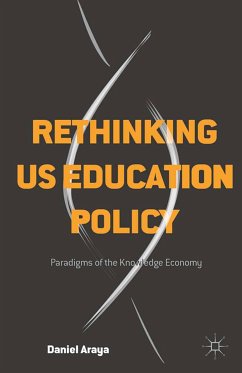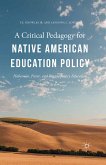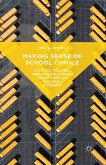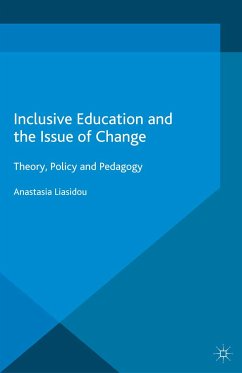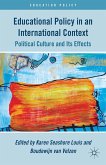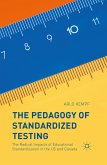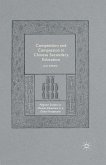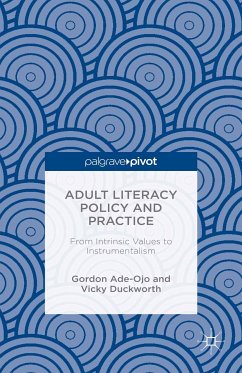Dieser Download kann aus rechtlichen Gründen nur mit Rechnungsadresse in A, B, BG, CY, CZ, D, DK, EW, E, FIN, F, GR, HR, H, IRL, I, LT, L, LR, M, NL, PL, P, R, S, SLO, SK ausgeliefert werden.
"Daniel Araya has written a thoughtful and scholarly analysis of the new economy and the need to radically rethink US education policy. He understands that education for the new innovation era must be fundamentally different not merely incrementally better than what we have today.' - Tony Wagner, Expert in Residence, Harvard Innovation Lab, Harvard University, USA; Author of Creating Innovators (2012)
"Timely reading! In the spirit of Peter Drucker, Daniel Araya synthesizes some of the major transformations of our time increasing global competition, the rise of technological innovation, and the decline of rudimentary labor. With a multidisciplinary eye, he boldly calls on American education to better cultivate the creativity needed for a sustainable and equitable future." - Peter Marber, Harvard Extension School, HarvardUniversity, USA, and author of Brave New Math: Information, Globalization, and the Need for New Economic Thinking (2014)
"Recent discussions of educational policy have emphasized the role of 'knowledge workers' in the new 'knowledge economy'. Proposals have either embraced, or explicitly rejected, the neo-liberal framework that seeks to channel educational investment to areas of knowledge that further economic growth primarily STEM subjects. Neo-liberal policy thinkers allege that the growth of STEM-related skills will assure high levels of employment. Critics have reacted by indicating the negative cultural and political consequences of narrowing and standardizing the curriculum along the lines proposed by neo-liberals. Few critics have challenged the underlying socio-economic assumptions behind neo-liberal educational prescriptions. Daniel Araya's Rethinking US Education Policy moves us beyond this sterile neo-liberalism debate and his intervention opens up new and unavoidable questions for today's policy thinkers." - Leonard J. Waks, President, John Dewey Society, and Professor Emeritus of Educational Leadership, Temple University, USA

